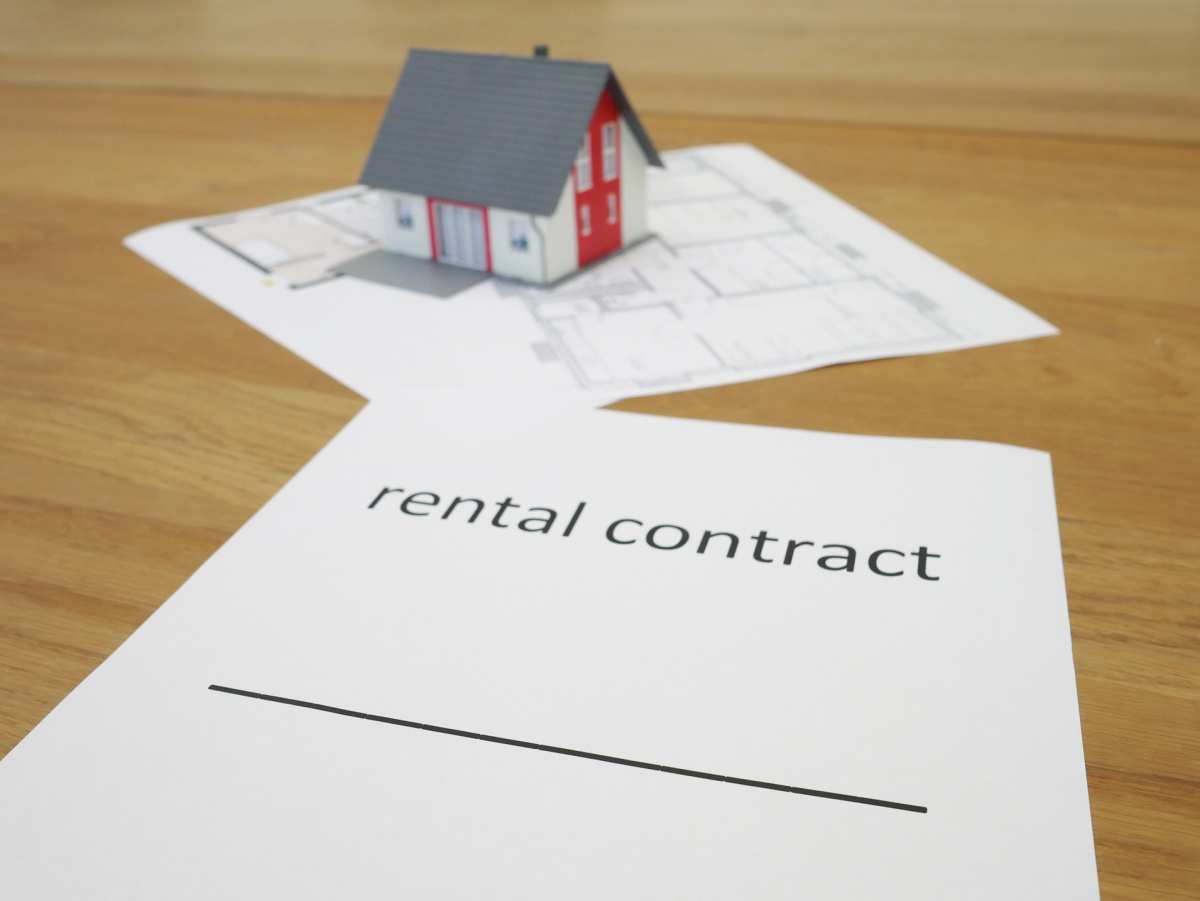Rent contract living space
When you decide to rent a living space, it is important you make agreements with the landlord that are clear and acceptable for both parties. That is why you sign these terms together in a rent contract. Do you want to know if your rental contract is in line with your best interests, and what rights you can derive from this? In this article Moneywood explains.

Determining the rent contract
Have you agreed to renting a house, flat or room? Then your rights and duties must be determined in a rent contract. Usually the landlord will draft a rent contract. The written rent contract will need to be signed by both parties. Check carefully whether the contract meets your wishes and possibilities properly. Make sure to ask questions when things are unclear to you. When you have doubts about certain items in the contract, take your time to figure out for yourself if your concerns are legitimate. Taking a second look can prevent unwelcome surprises. When you both agree to the contract, it becomes legally valid, and you can move into your new living space.
What is written in a rent contract?
A rent contract determines who the tenant and landlord are, what residence it concerns, when the contract starts and what the rental price is. When and how the payment of the rent is paid usually also recorded. This also includes what falls under the rent (for example, service expenses, maintenance, furnishing), or and if the rent will increase in time and whether a deposit must be paid. The rent contract can also have certain house rules (about for example pets, guests, noise or maintenance). Also, the manner to terminate the contract is usually included in the contract. Take note if (and if so what) has been recorded in regard to the state of the residence after the contract ends. With a temporary rent contract, it is also determined when the contract ends. If the tenant and/or landlord wishes it, additional conditions can be added to the rent contract.
Refuse or adapt conditions
Although tenants and landlords are free to include conditions in the rent contract, not all agreements are necessarily legally acceptable. Rights or obligations that are unreasonable, can be left out of the contract. Realise that you are free to refuse conditions, but beware that your demands remain reasonable. Also keep in mind that you might be allowed to make changes to the contract after it has been signed. When circumstances in the rental situation change and it deems necessary to adapt the rent contract, it is possible to change the agreement accordingly.
Disagreements about your rent contract
Sometimes you have signed your rent contract in good faith, and it seemed to be reasonable at the time. However, disagreements can arise regarding the mutual rights and obligations of you and your landlord. You can prevent this by having an external party with legal expertise look at your rent contract prior to signing. External consultation can also be advisable when disagreements arise during your rental period.
Further reading
The Rent Commission (Huurcommisie) is an impartial Dutch organization that can mediate between tenants and landlords. You can ask them for help when, for example, you do not agree to the price of your rent or the maintenance. Check here* how (in Dutch). At the website of the Huurcommissie you can also do a rent check (in English) for an independent living space as well as for dependent living space. When you rent in the free sector, you usually cannot ask for help from the Rent Commission and legal advice will have to come from another advisory party.
We at Moneywood are happy to help if you have difficulties navigating the Dutch websites or if you need aditional advice.